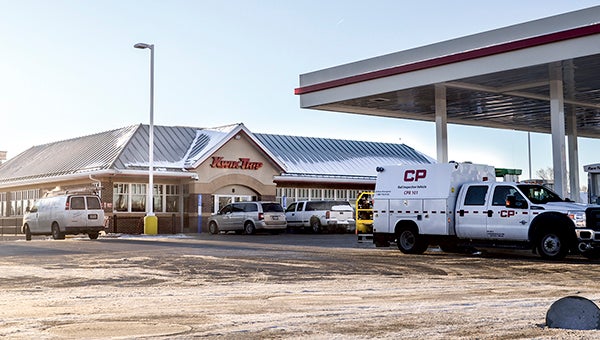What will Minnesota companies do with their tax windfall?
Published 7:54 am Tuesday, December 19, 2017
By Martin Moylan
Minnesota Public Radio
Congressional Republicans this week expect to pass their massive tax overhaul that includes cutting the top federal corporate tax rate to 21 percent, from 35 percent. That will likely put billions of dollars in the pockets of major Minnesota companies.
What will they do with all that dough?
Republican leaders argue the tax cuts will spur job growth. A national survey of 123 CEOs found the vast majority believe the tax package will increase investment and hiring. That should hold true in Minnesota, said Charlie Weaver, executive director of the Minnesota Business Partnership, whose members include more than 100 top executives from the state’s largest employers.
“They want to expand here. They want to grow in Minnesota,which means that they would put more into research and development,” Weaver said. “They would put more into building things and capital, which could result clearly in hiring workers. Those are going to be good wage jobs.”
But those big Minnesota-based companies haven’t said much, if anything, about what they’d do with tax savings. They certainly have options that would put money in the pockets of investors instead. And soaring stock prices indicate investors are betting corporate windfalls will be heading their way.
“The indications that we’re getting and what we’re seeing … at least in the near term, it’s likely to be more share buybacks, higher dividends,” said Glenn Johnson, a senior vice president at the Mairs and Power investment firm in St. Paul.
Dividends are the portion of earnings that companies pay out to investors. With share buybacks, a company buys its own stock off the open market. The goal is to reduce supply and increase the price of remaining shares.
Dividend payments can be substantial. Maplewood-based 3M, for instance, has been paying dividends equal to about half of its earnings, while UnitedHealth Group of Minnetonka pays out about a third to investors.
Whatever companies do with their tax savings, the amount they save will vary widely. That’s because the tax rate they pay spans a large range, depending on how and where they make their money and other factors.
Companies that get most of their sales and profits outside the U.S. will probably benefit less from tax reform, Johnson said. That’s because the taxes imposed on earnings abroad are lower than in the U.S.
For 3M, Medtronic and other companies with extensive international operations, the biggest payoff from tax reform could be a provision allowing them to pay lower taxes than they would now pay on overseas profits back to the U.S. In June, Bloomberg News reported that Medtronic had about $14 billion in cash overseas and 3M had $2.3 billion.





